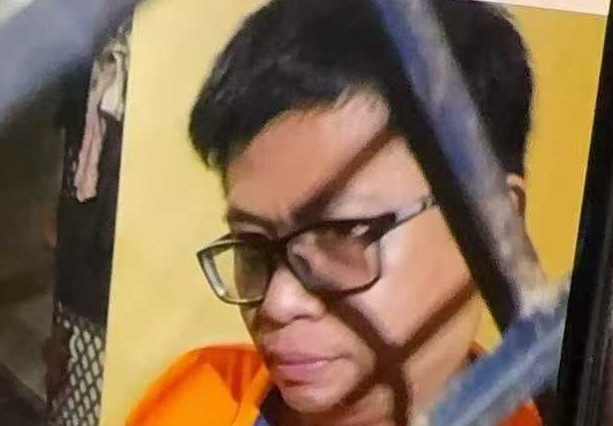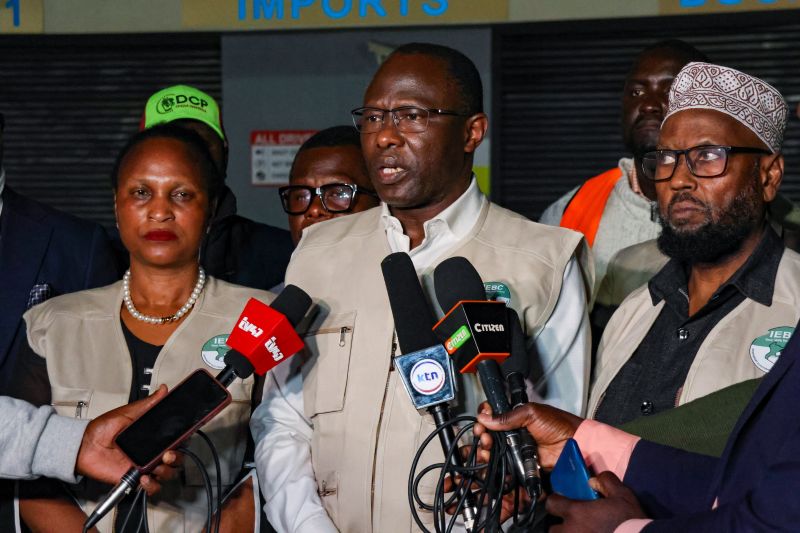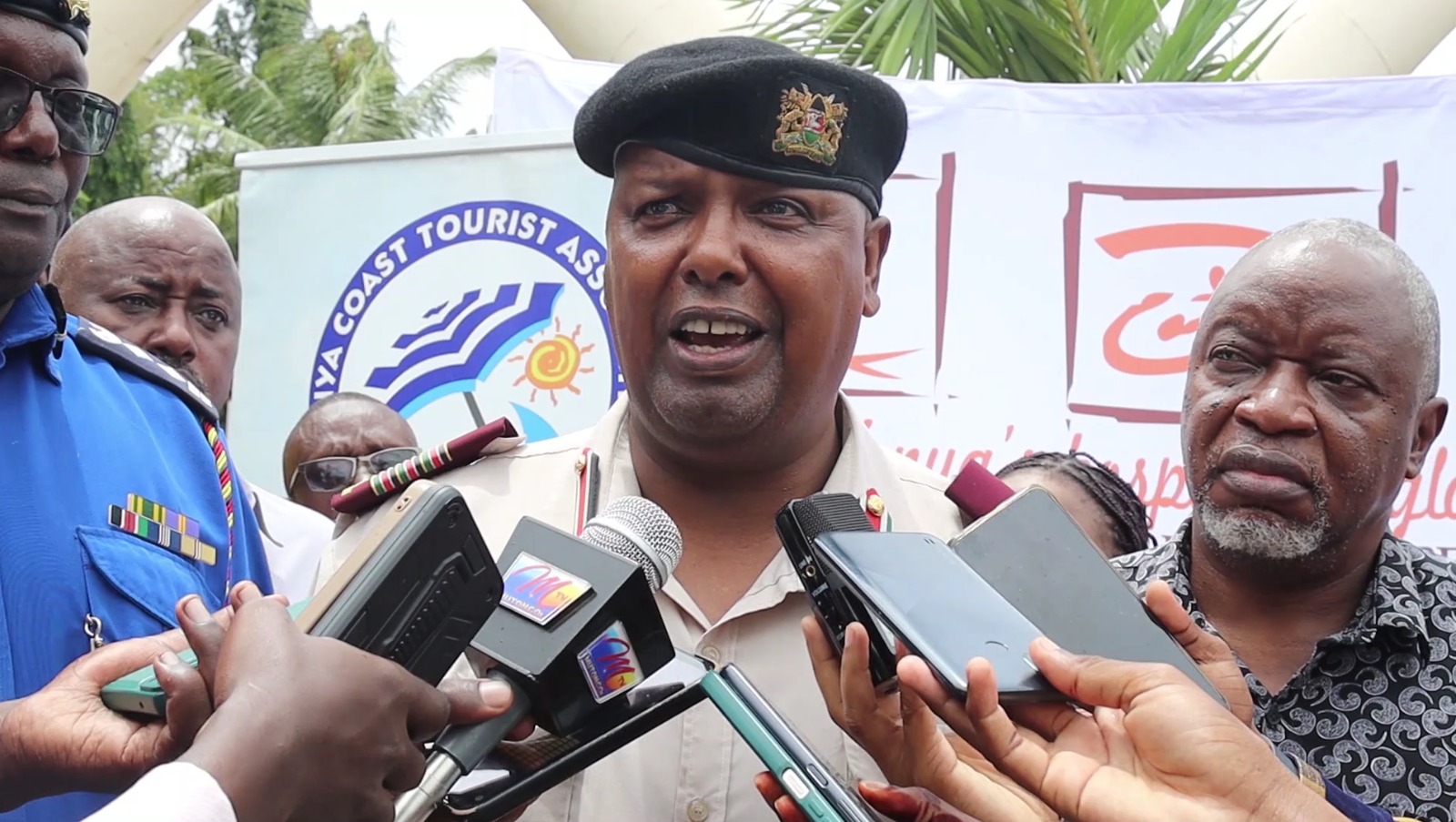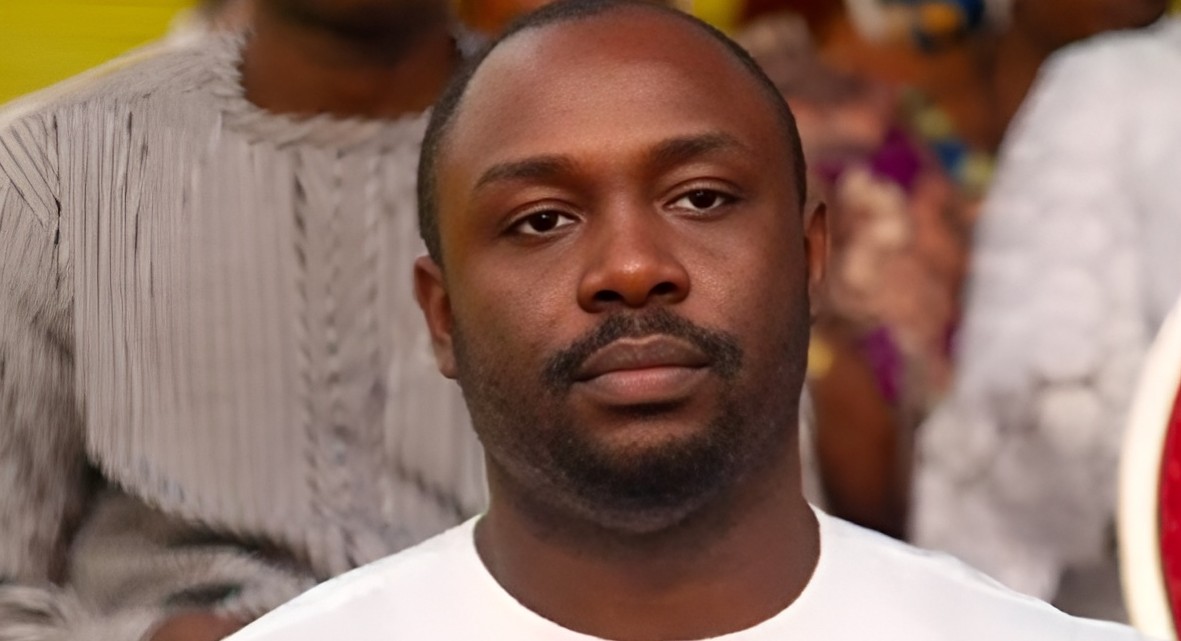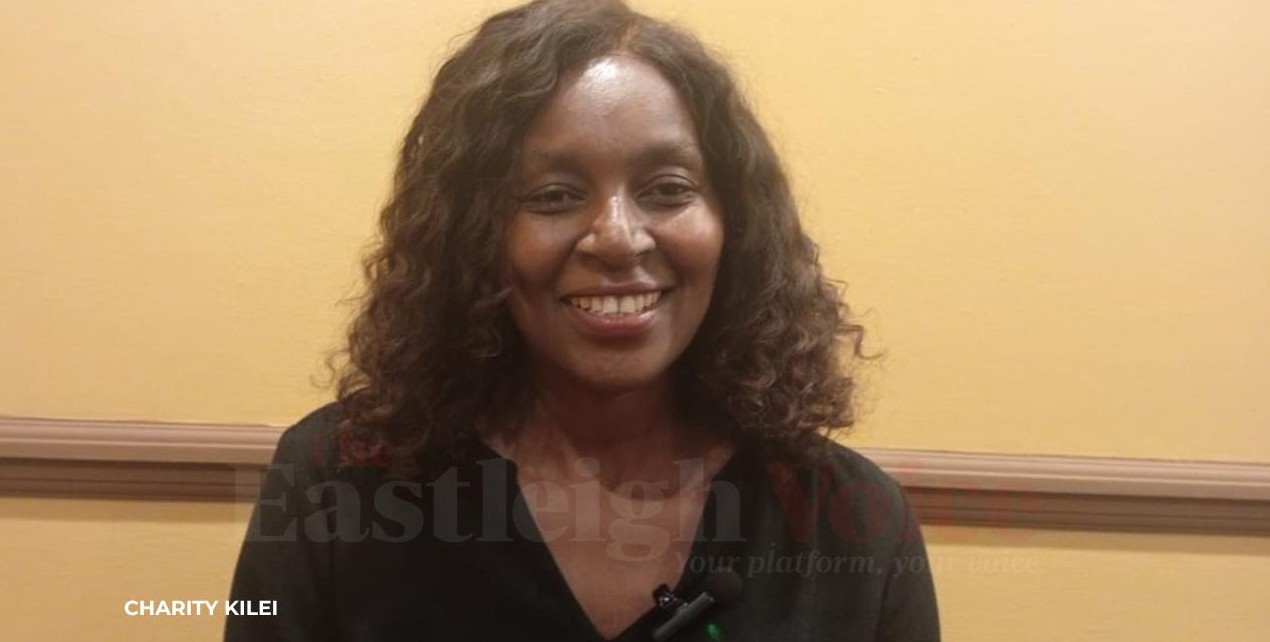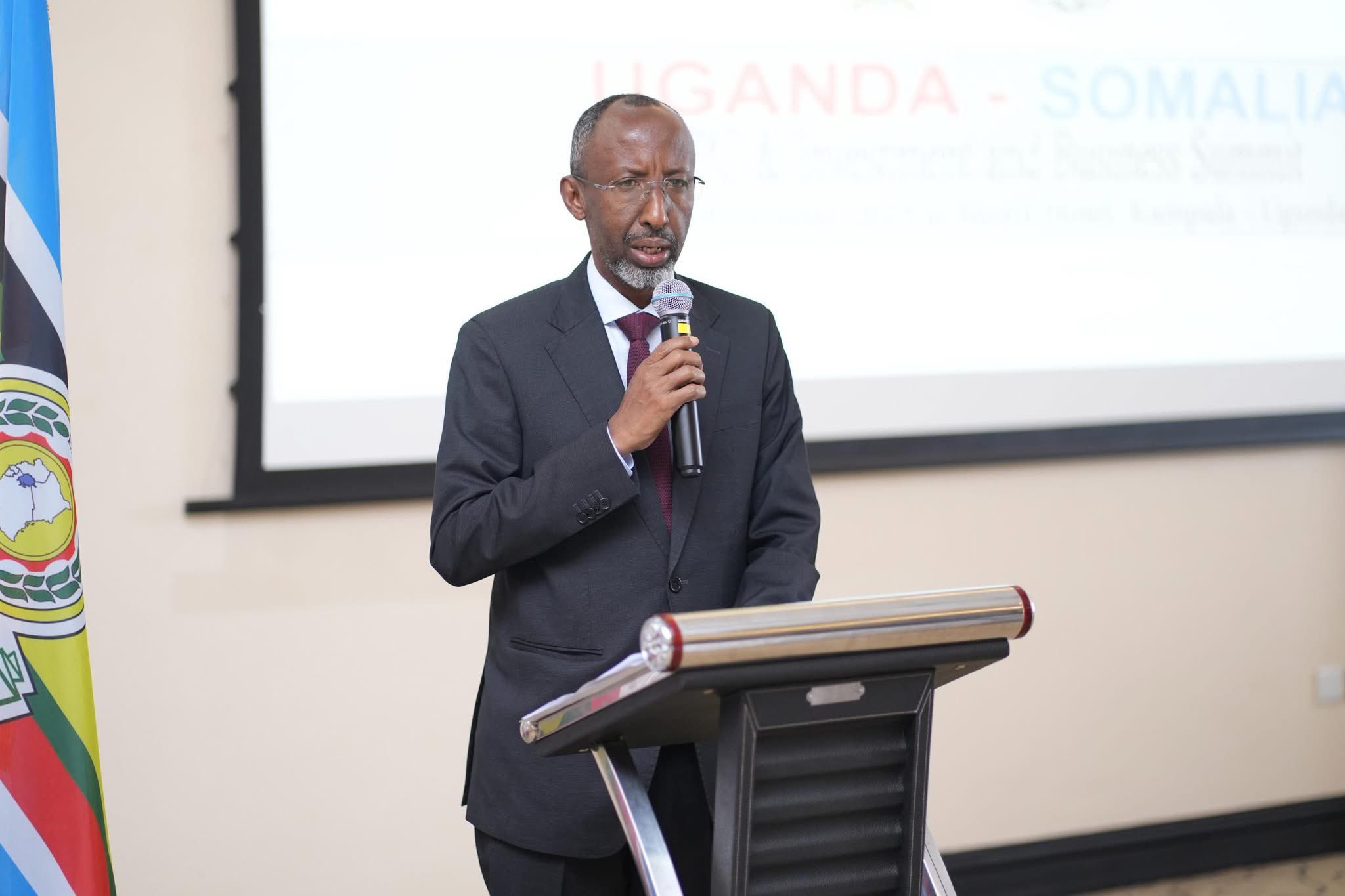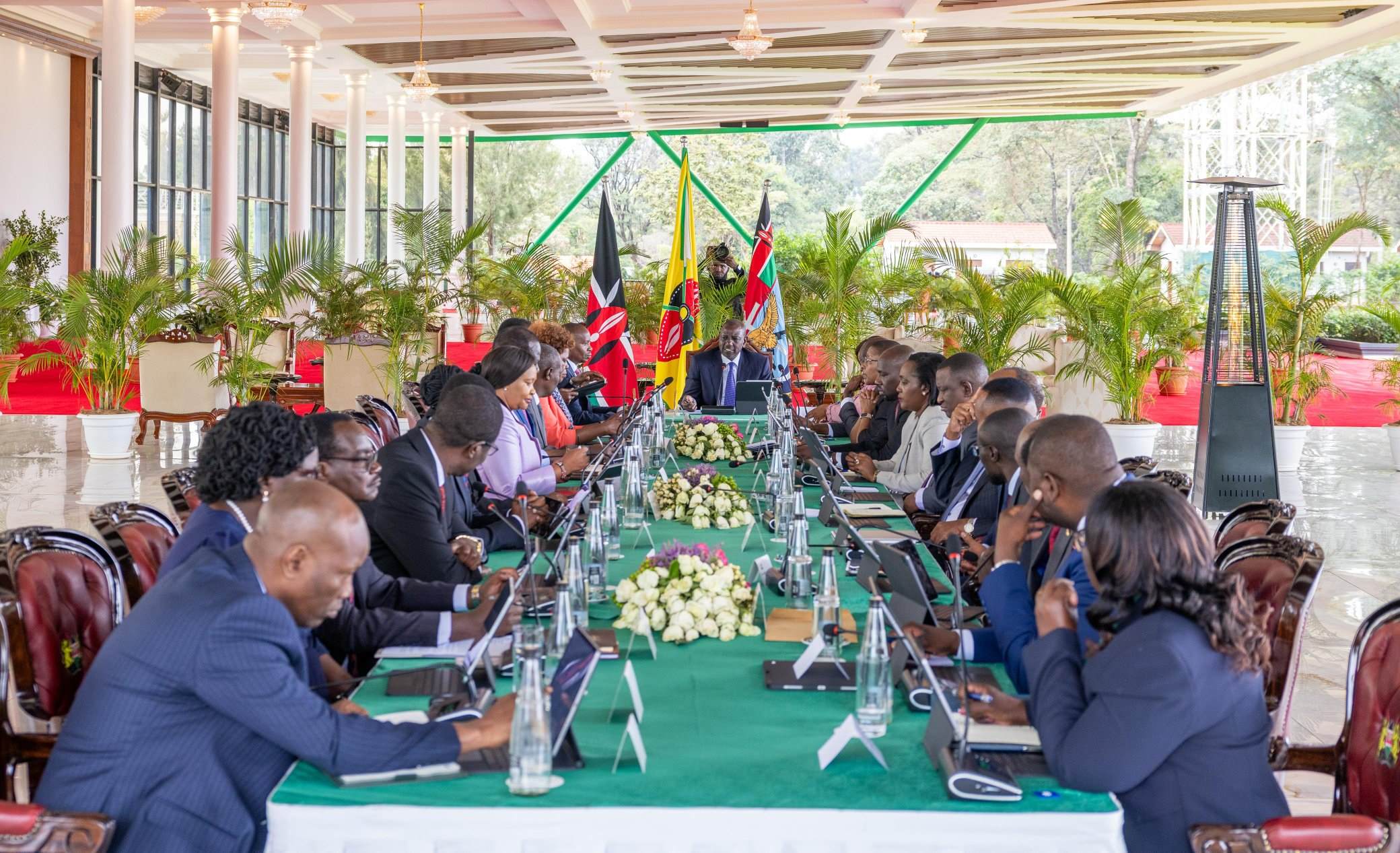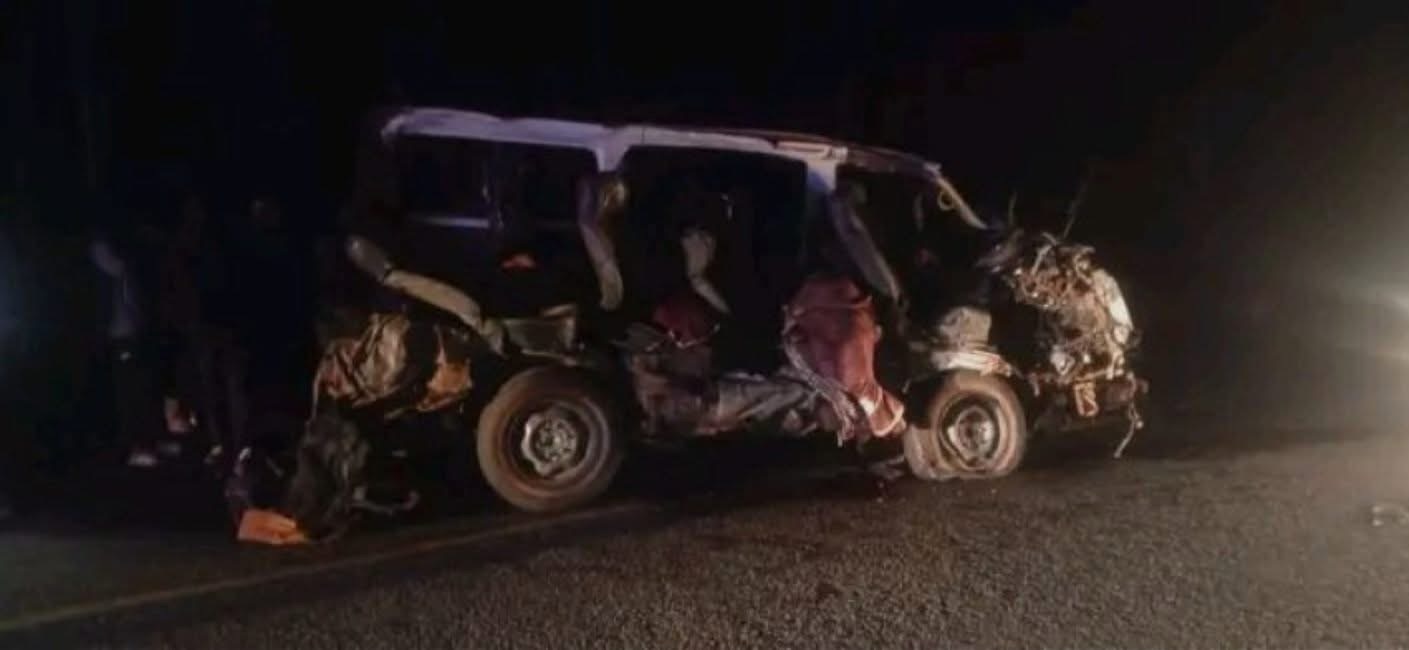Museveni defends Court Martial jurisdiction amid debate on Besigye's trial

President Museveni firmly defended the practice, describing it as a deliberate and essential strategy to bolster Uganda’s security apparatus.
President Yoweri Museveni reiterated his support for Uganda’s Court Martial system, asserting its critical role in maintaining peace and stability in the country. His comments come amid heated debates within legal circles over the legitimacy of trying civilians in military courts, a controversy reignited by the current trial of opposition figure Dr Kizza Besigye and his aide Hajj Obeid Lutale Kamulegeya.
The duo, who were abducted from Nairobi, Kenya, on November 16, 2024, where they had travelled to attend Martha Karua’s book launch, were later transported back to Uganda and arraigned in the General Court Martial. They face charges related to national security, including unlawful possession of firearms and ammunition.
More To Read
- Uganda signals possible social media shutdown ahead of 2026 polls
- UN Rights Chief raises alarm over abductions, enforced disappearances in Uganda ahead of elections
- Uganda opposition candidates present policies as Museveni skips live presidential debate
- Uganda: One dead, several injured in Iganga campaign violence
- Ugandan police accuse NUP supporters of attacking officers at Bobi Wine rally
- Besigye's wife demands immediate release of husband after one year in detention
While some lawyers and human rights advocates have questioned the fairness of prosecuting civilians in military courts, President Museveni firmly defended the practice, describing it as a deliberate and essential strategy to bolster Uganda’s security apparatus.
“I have seen the arguments in the papers by some lawyers regarding the correctness of some civilians being tried in the Court Martial. I want to affirm that that move was correct and useful, and it has contributed to the stabilisation of Uganda,” Museveni stated on his X handle.
According to the President, the decision to extend the jurisdiction of the Court Martial to civilians dates back to 2005, under the National Resistance Movement (NRM) government.
He highlighted the increasing threats posed by armed criminals and terrorists, who used firearms to terrorise communities. Civilian courts, burdened by an overwhelming backlog of cases ranging from land disputes to violent crimes, were ill-equipped to handle such threats swiftly.
“The civilian courts were clogged with the many court cases of the whole country: murders, rape, assaults, robbery, land matters, divorce matters, etc. They could, therefore, not handle these gun-wielding criminals quickly. Yet, for stabilisation, you need speed,” Museveni emphasised.
The President further argued that individuals who unlawfully acquire and use firearms effectively become "soldiers" and thus fall under the purview of the military justice system. He asserted that this approach has played a crucial role in tackling security issues and guaranteeing the delivery of justice without jeopardising public safety.
In response to concerns over potential injustices within the military court system, Museveni underscored the subordination of the Court Martial to Uganda’s higher courts, which serve as a check on its decisions.
“If the court-martial judged badly, the higher courts can rectify it,” he said.
The President also highlighted the court martial’s success in restoring peace in Karamoja, a region previously plagued by violent armed youth. He credited the military courts for their role in apprehending and prosecuting these individuals efficiently, a stark contrast to what he described as the “child play” of civilian courts, which often granted bail or kept suspects on remand indefinitely.
“Just by coincidence, last week, I started my tour of Karamoja. While there, the leaders and elders appealed to me to pardon the, apparently, thousands of the Karamojong youth that had been safely put in prison by the active Court Martial courts in the 3rd Division AOR (Area of Responsibility),” Museveni noted. He revealed that of the 2,000 inmates in Kitalya Prison, 900 are Karamojong youth.
The President revealed that he had instructed the Chief of Defence Forces (CDF) to review the cases of these detainees to identify those eligible for pardon.
“I have already directed the CDF, together with his army colleagues, to audit the Karamojong youth who are in prison now, to see the ones who can be pardoned separate from the hardcore criminals who should not be pardoned yet,” he said.
Museveni also aimed at critics of the court martial system, suggesting that their concerns stem from a lack of understanding of its benefits. He proposed that a referendum in Karamoja and surrounding districts would likely reveal overwhelming support for the military courts, given their impact on restoring order and safety.
The debate has also drawn attention to the structural differences between Uganda’s civilian and military judicial systems. The Judicial Service Commission and parliamentary vetting process appoint members of the civilian judiciary on a permanent and pensionable basis, while the President chairs the High Command, which appoints members of the General Court Martial on short-term renewable contracts.
Critics argue that this lack of permanence could compromise the independence of military courts, while supporters like Museveni maintain that their structure is necessary for their efficiency and responsiveness to security threats.
Top Stories Today

